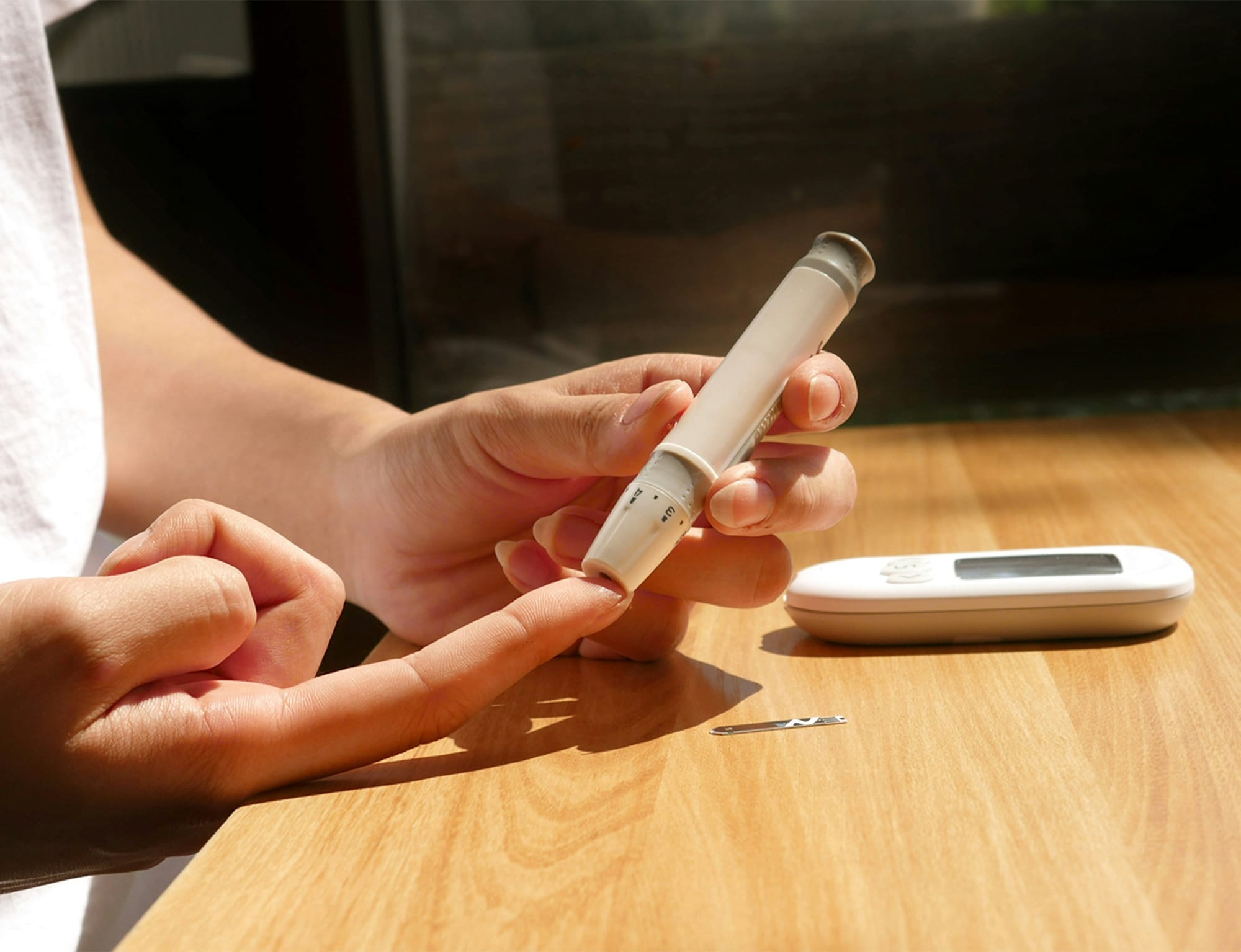Diabetes: The Silent Killer – Signs You Shouldn’t Ignore
Diabetes is a “silent killer” that often shows no early signs. Uncontrolled, it can damage eyes, kidneys, nerves, and the heart. Early detection through screening, healthy habits, and medical care can prevent serious complications and protect long-term health.

Introduction
Diabetes is becoming a big health problem around the world. Many people have it, but they do not know because it does not always show clear signs in the beginning. That is why it is called the "silent killer." If not treated, diabetes can damage blood vessels and nerves, leading to serious problems like blindness, kidney failure, amputations, strokes, and heart attacks. The good news is that early detection and proper care can help prevent these problems. In this article, we will talk about diabetes, its early signs, and who should be careful.
Understanding Diabetes
Diabetes happens when the body cannot properly use sugar (glucose) for energy. This is because of problems with insulin, a hormone that helps control blood sugar levels.
- Insulin Resistance – The body makes insulin, but it does not work well. This causes blood sugar levels to rise.
- Insulin Deficiency – The body does not make enough insulin, so sugar stays in the blood instead of being used for energy.
When diabetes is not controlled, it can harm the body in many ways. High blood sugar damages blood vessels, leading to problems with the eyes, kidneys, heart, and nerves:
- Eyes – Uncontrolled diabetes can cause diabetic retinopathy, a condition where blood vessels in the eyes get damaged, leading to blurry vision and even blindness.
- Kidneys – High blood sugar can damage the kidneys, leading to diabetic nephropathy, which can result in kidney failure and the need for dialysis.
- Heart – People with uncontrolled diabetes are at a higher risk of heart disease, heart attacks, and strokes due to damaged blood vessels.
- Nerves – Diabetes can lead to nerve damage, known as diabetic neuropathy, which causes symptoms like pain, tingling, and numbness, particularly in the hands and feet. This numbness diminishes sensitivity to injury, making it easier for wounds to go unnoticed. If left untreated, these wounds can become infected and, in severe cases, may lead to amputations.
Early Signs and Symptoms
Many people with diabetes do not notice symptoms at first. However, some early warning signs include:
- Feeling very thirsty all the time
- Frequent urination (going to the bathroom often)
- Feeling very hungry even after eating
- Feeling very tired
- Blurry vision
- Slow-healing cuts and wounds
- Numbness or tingling in hands and feet
- Unexplained weight loss
If you notice these symptoms, see a doctor for a check-up.
Who Is at Risk?
Some people are more likely to get diabetes than others. You are at higher risk if:
- You have a family history of diabetes (parents or siblings with diabetes)
- You are overweight
- You do not exercise regularly
- You eat a lot of sugary and processed foods
- You have high blood pressure or high cholesterol
- You are above 30 years old
Importance of Screening
If you are over 30, it is important to check for diabetes. If you have any risk factors, get tested every year. If you have no risk factors, check at least once every three years. Early testing can help you take steps to stay healthy and avoid serious problems.
Conclusion
Diabetes is dangerous if not detected early, but with proper care, it can be managed. Pay attention to the warning signs, know your risk, and get screened regularly. Taking small steps today can protect your health for the future. If you think you may be at risk, talk to a doctor and get tested. Your health is in your hands!
